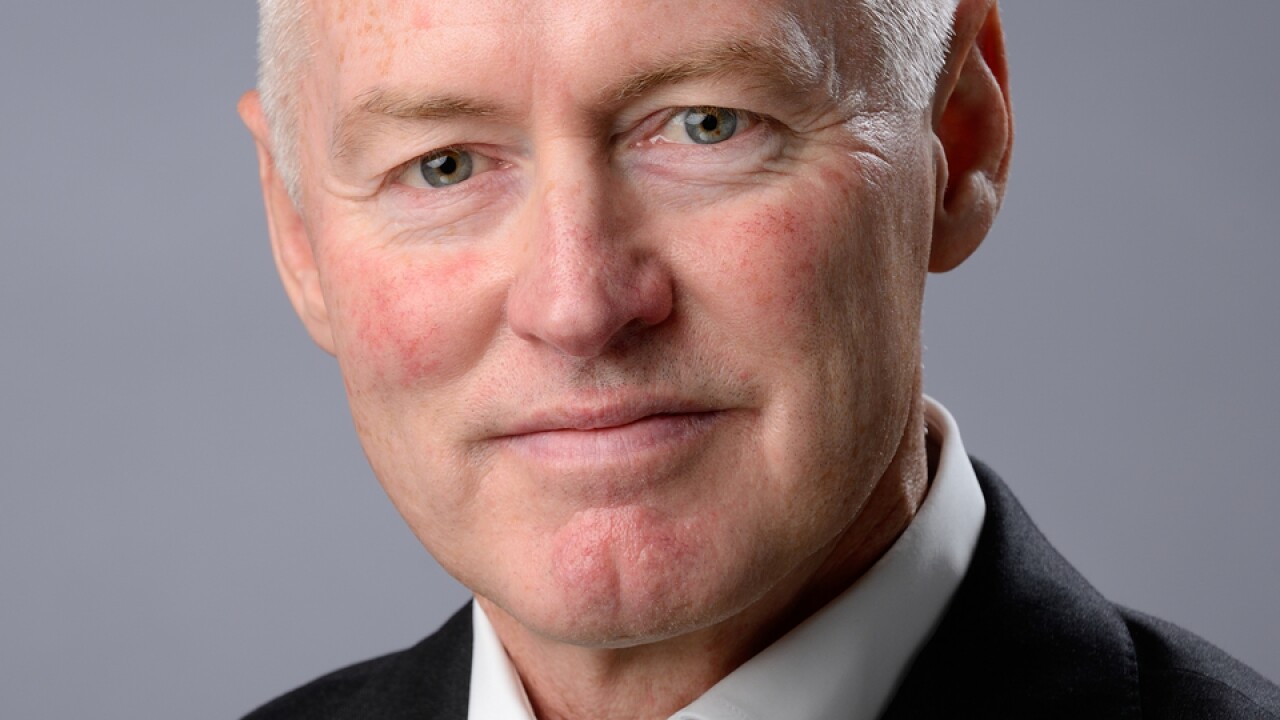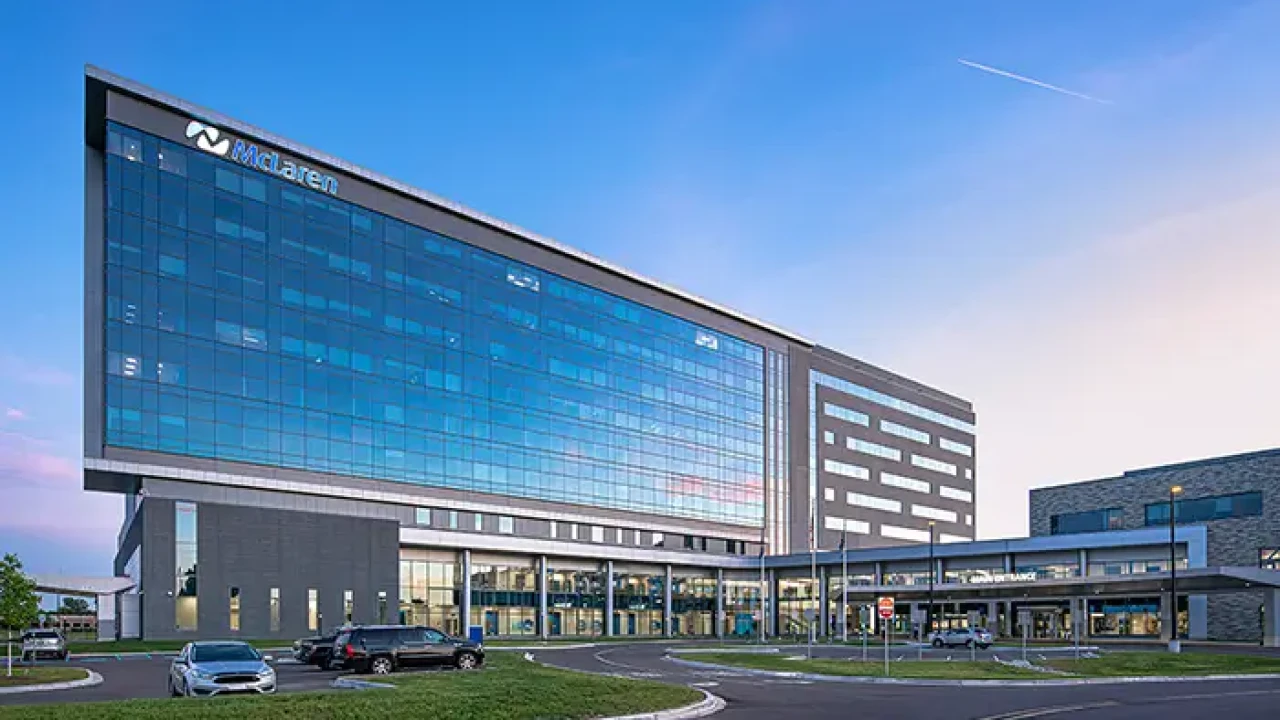DALLAS – Infrastructure project delays are mostly caused by a lack of funding, not red tape and environmental regulatory holdups as the Trump administration contends, according to the top two Democrats on the House Transportation and Infrastructure Committee.
Reps. Peter DeFazio, D-Ore., and Eleanor Holmes Norton, D-D.C., sent a letter to Transportation Secretary Elaine Chao on Wednesday criticizing her statements that the permitting process has held up some projects for decades.
“We encourage you to work with Congress to build consensus around real solutions to rebuild our nation’s infrastructure,” DeFazio and Norton said. “It is essential that we work together."

The two lawmakers said they were concerned about remarks that Chao made last week at an official event celebrating the 50th anniversary of the establishment of the Transportation Department and then later repeated.
“More and more ‘streamlining’ is not the answer to our infrastructure crisis, nor the principal roadblock,” they said. “We cannot streamline our way out of our funding shortfall.”
DeFazio and Norton cited a 2012 report from the Congressional Research Service that said more than 90% of federally assisted highway projects were exempted from the environmental review process.
Regulatory delays and not a lack of funding is the biggest impediment to the revitalization of U.S. infrastructure, Chao had said at the ceremony on March 29.
“Investors say there is ample capital available, waiting to invest in infrastructure projects. So the problem is not money,” she said. “It’s the delays caused by government permitting processes that hold up projects for years, even decades, making them risky investments.”
Chao said the Trump infrastructure plan “will include common-sense regulatory, administrative, organizational, and policy changes that will encourage investment and speed project delivery.”
President Trump also put the delay blame on regulations in an interview published Thursday by the New York Times.
The Trump infrastructure plan will include $200 billion to $300 billion of additional federal infrastructure funding over the next 10 years, according to a “senior administration official” quoted in the Times article.
“Nothing is accurate now because we haven’t made a final determination,” Trump said. “We are borrowing very inexpensively. When you can borrow so inexpensively, you don’t have to do the public-private thing. When you go equity, you give equity to people who own your highways essentially for a 30-year period.”
Delays occur because highway projects need “hundreds and hundreds of approvals” from 17 federal agencies to proceed, Trump said.
“Some of which, statutorily, you have to wait six months before you ask for the next one,” he said. “When we do the infrastructure, it’s going to be very important to me that if we give billions of dollars to a state … they’re going to have to start spending that money, they’re going to have to have approval within 120 days.”
Trump’s infrastructure proposal will “fix the broken permit system, the broken process,” said Reed Cordish, assistant to the president for intragovernmental and technology initiatives.
“We can give you the details of it, but that’s such a big part of the story,” Cordish said. “That’s going to create benefit far beyond the federal dollars that we’re talking about.”
Additional federal funding and regulatory reform are both important to infrastructure renewal, said Nick Goldstein, vice president for regulatory affairs at the American Road and Transportation Builders Association.
ARTBA provided the Trump administration and Congress in January with a list of 20 federal regulations and other policy actions that are hindering the timely completion of transportation projects, Goldstein said.
“But if the funding is not there, regulatory reform won’t be enough,” he said. “Our priority is getting a permanent, stable source of highway funding. If state transportation departments don’t have assured funding, those projects will never get into the pipeline.”





